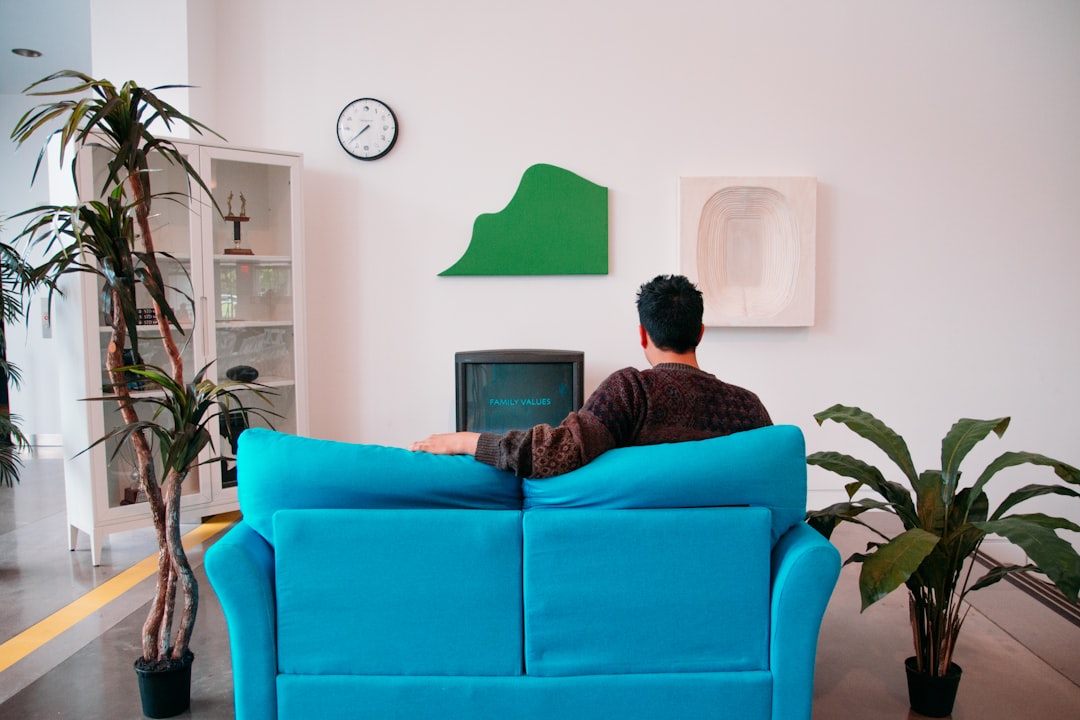No products in the cart.
The Rise of Smart Furniture: A New Era for Remote Work
Smart furniture is not just a trend; it’s reshaping our workspaces. Discover how this innovation enhances remote work productivity and what it means for the future.
The workspace of the future is no longer confined to the traditional office. As the lines between home and work continue to blur, smart furniture is emerging as a pivotal player in this new landscape. Imagine a desk that not only rises and falls at your command but also tracks your posture and productivity. This isn’t a scene from a sci-fi movie; it’s the reality of the smart furniture market, which is poised for explosive growth in the United States.
According to recent research, the smart furniture industry is projected to see substantial advancements, particularly in the wake of the pandemic that altered our work habits forever. The U.S. smart furniture market is expected to reach $9 billion by 2027, driven by the increasing demand for ergonomic solutions and the integration of technology into everyday furniture. As remote work becomes the norm, the need for innovative furniture solutions is more pressing than ever.

But what exactly is driving this trend? The rise of remote work has made comfort and functionality paramount. Employees are no longer confined to cubicles but are instead finding themselves working from their living rooms, kitchens, and even their bedrooms. This shift demands furniture that can adapt to different environments and enhance well-being.
Smart desks, ergonomic chairs, and modular seating arrangements are not just about aesthetics; they are about creating an environment conducive to productivity. A report from the International Journal of Environmental Research and Public Health highlights that ergonomic furniture can significantly reduce the risk of musculoskeletal disorders, making it an essential consideration for remote workers. It’s a clear message: invest in your workspace, and you invest in your health.
A report from the International Journal of Environmental Research and Public Health highlights that ergonomic furniture can significantly reduce the risk of musculoskeletal disorders, making it an essential consideration for remote workers.
Moreover, the intersection of technology and design is leading to innovative solutions. Companies are now integrating sensors into furniture that monitor user habits and provide feedback. For instance, the smart desk can remind users to stand after prolonged sitting or adjust its height automatically based on the user’s preferences. This kind of personalization is not just a luxury; it’s becoming a necessity in our increasingly digital world.
However, while the benefits are clear, challenges remain. The initial cost of smart furniture can be a barrier, particularly for startups and freelancers who may not have the budget for high-end products. Yet, as the market expands, prices are expected to become more competitive. Additionally, the environmental impact of producing smart furniture cannot be overlooked. Manufacturers are increasingly being called upon to consider sustainability in their production processes, which could shape the future of this industry.
As we look to the future, it’s essential to ask: will smart furniture become a staple in every home office? The answer may lie in the evolving expectations of the workforce. Millennials and Gen Z, who are now entering the workforce in droves, prioritize flexibility and comfort over traditional office norms. This demographic shift is driving companies to adopt more dynamic work environments that include smart furniture options.
For entrepreneurs and business owners, the implications are significant. Offering a workspace that prioritizes employee well-being can lead to heightened job satisfaction and productivity. As seen in various studies, happy employees are more likely to be engaged and perform at their best. In a competitive job market, companies that invest in smart furniture could find themselves more appealing to top talent.
As we look to the future, it’s essential to ask: will smart furniture become a staple in every home office?
In conclusion, the rise of smart furniture is not just a trend; it’s a reflection of the changing nature of work itself. As we navigate a world that increasingly values work-life balance and wellness, the integration of technology into our everyday environments is crucial. The future of work is smart, and it’s time to embrace it.











